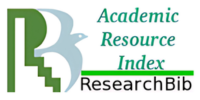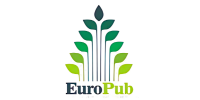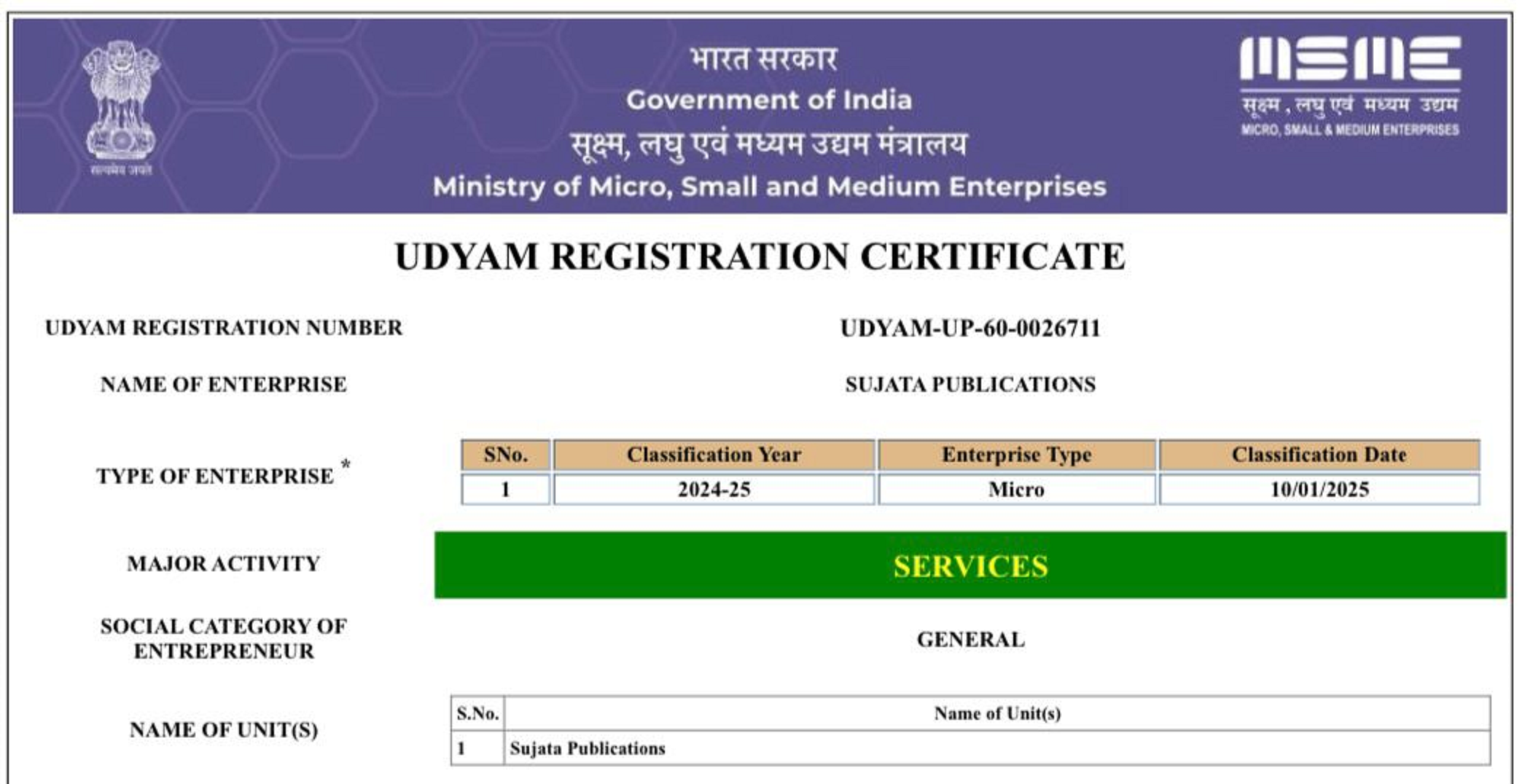Potential Implementation of Rabeprazole in Prevention of Acidity in GIT: Updated Mini-Review
DOI:
https://doi.org/10.62896/Keywords:
Proton pump inhibitor, Gastric acid, Rabeprazole GERD.Abstract
Rabeprazole is a proton pump inhibitor. Pharmacodynamics data show rabeprazole can achieve optimal acid suppression since the first administration and can maintain this advantage in the following days of therapy. Moreover, rabeprazole has the highest pKa (~ 5.0, the pH at which a drug becomes 50% protonated), and hence the molecule can be activated at higher pH levels much faster than other PPIs. Due to its peculiar catabolic pathway, ie, a prevalent metabolism through a non-enzymatic pathway, rabeprazole is less susceptible to the influence of genetic polymorphisms for CYP2C19, resulting in minor influences on its pharmacokinetics and pharmacodynamics. To prevent symptomatic relapse, on-demand strategy with rabeprazole 10 mg daily appears to be ideal, due to its rapidity of onset; results on NERD patients have documented its superiority over placebo. Continuous treatment, however, up to 5 years, seems to achieve better results than on-demand therapy, particularly in patients with esophagitis
Downloads
Published
Issue
Section
License
Copyright (c) 2024 Sujata Publications

This work is licensed under a Creative Commons Attribution-NonCommercial 4.0 International License.
















